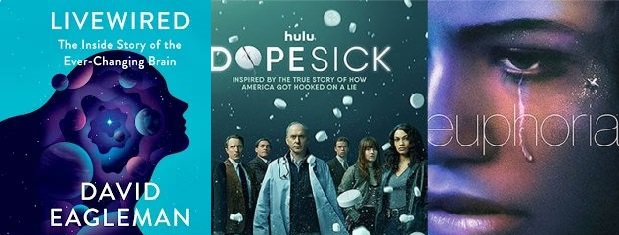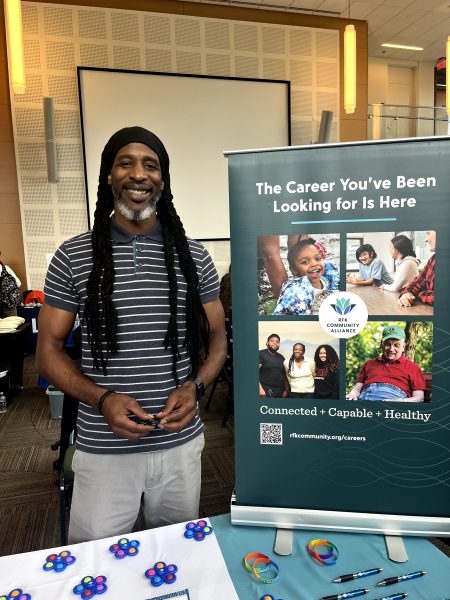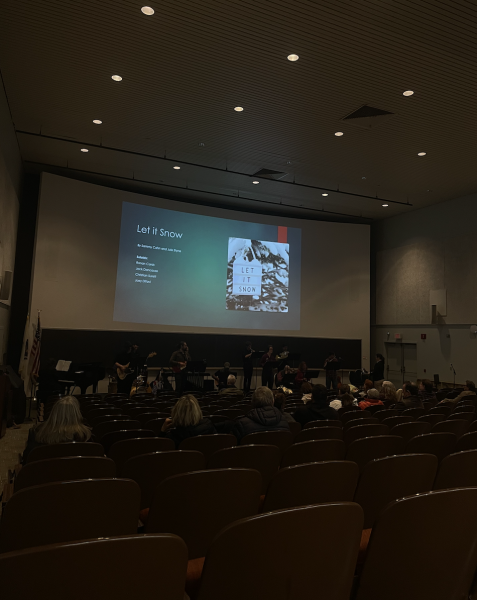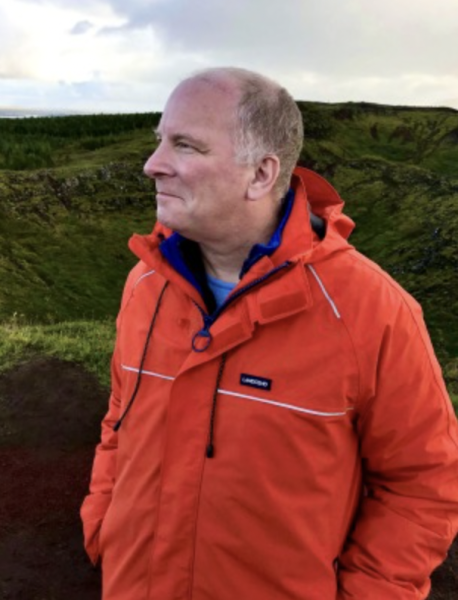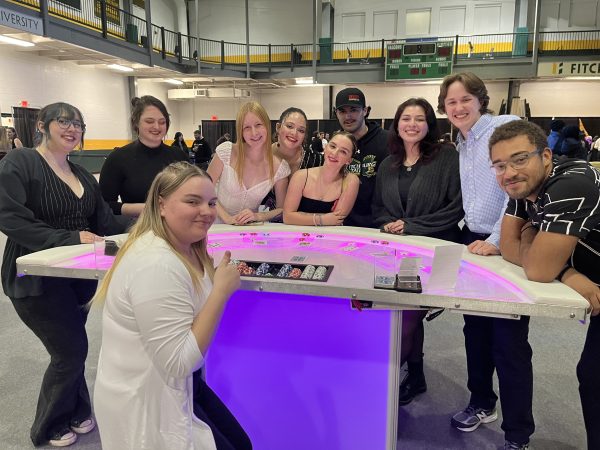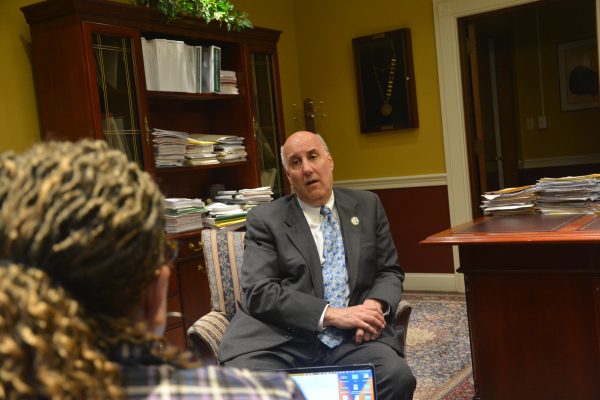Does Popular Science Bleed into Pop-Culture, Identifying Community Wounds that Need Healing?
Today’s neuroscientists, like David Eagleman, are emphasizing the term “livewired” when it comes to the neuroplasticity of the human brain. Eagleman discusses research collected from unique case studies in his book, Livewired: The Inside Story of the Ever-Changing Brain, and is suggesting that babies are born with essentially a “half-baked brain” and by interacting with their environment, they learn to walk, talk, see properly, and to have good relationships with other people, thus developing their ever-changing internal spongey-system.
Through case studies, such as Genie Wiley, the girl who was kept in a locked room through childhood and severely neglected, scientists have identified critical periods of human development that if surpassed, the door to these abilities, such as learning language, being able to articulate and speak effectively with proper grammar, are closed forever. Science has a way of seeping into pop culture, and the story of Genie Wiley was eventually made into a documentary in 2003.
On the current pop culture front, there is a rise in drug-themed films and tv-shows. Euphoria is an HBO series which premiered June 2019 that follows a group of high school students as they “grapple with issues of drugs, sex and violence,” according to the IMDB plot description. The show ranks 88% on Rotten Tomatoes and according to a Euphoria HBO News twitter account, filming for season three began filming this February.
While Euphoria fans have stormed social media platforms such as Youtube and TikTok with clips and memes about the show in anticipation for season three, the Hulu miniseries Dopesick, which premiered October 2021, has concluded after an evocative eight episodes. The miniseries is based on the non-fiction book Dopesick: Dealers, Doctors, and the Drug Company that Addicted America by Beth Macy.
“From boardroom…to community” IMDB says. The series identifies the role business has inherited when it comes to medicine in America, taking a look into the lives of competitive pharmaceutical sales representatives that are fed misinformation, that they then unknowingly use to persuade doctors to prescribe more of the business’s cash crop.
This isn’t to say certain medications aren’t necessary, because in many cases they are life-saving. In episode one of Take Your Pills, the 2018 Netflix documentary, Anjan Chatterjee, the Chair of Neurology of the University of Pennsylvania, says that the drug use and abuse is “symptomatic of something broader – this highly competitive environment, in which people feel compelled to compete beyond their abilities to get ahead.” So, what is happening?
One can only theorize, but if the brain is constantly trying to adapt to its environment, and if the environment is putting large amounts of pressure that result in a natural process of development, where the result is what many have lumped into terms such as anxiety, social disorders, and even mental illness, is it possible that in order to find a better solution, the focus needs to shift away from the result and instead towards the problem, towards the area of opportunity. Something about the current environment in which we all live, this fast-paced, make it or break it world, is tearing the very fabric of society apart.
No one is unaffected. According to a statement released on Sept. 19, 2022 by the U.S. Attorney’s Office District of Massachusetts, “A Fitchburg man was sentenced on Sept. 16, 2022 in federal court in Worcester for his role in a wide-ranging fentanyl, heroin, crack and cocaine trafficking conspiracy.” The full statement can be found online.
A beacon of light can be seen in the Twitter community that surrounds the Dopesick miniseries, as well as in the very plot of Euphoria. Rehabilitation. Does the answer lie in support? How can support be given to those in need? And how do we ensure that going forward, the environment the brains of the future develop in, is positively nurturing?


